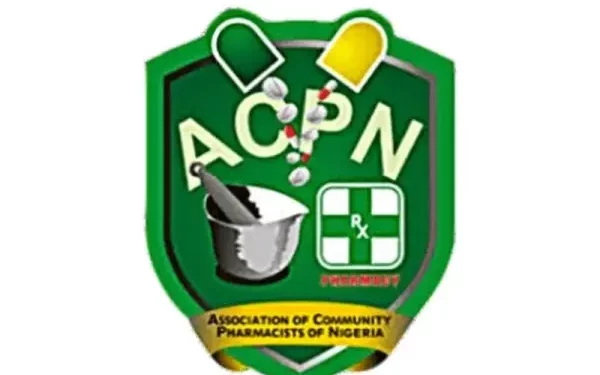The Association of Community Pharmacists of Nigeria (ACPN) has insisted on its petition to President Bola Tinubu, calling for urgent intervention in what it described as the continued marginalisation of non-physician health professionals and educators by physician-led interest groups across Nigeria’s health and education sectors.
In a petition signed by ACPN national chairman, Pharm. Ambrose Igwekamma Ezeh, the group accused medical associations, particularly the Nigerian Medical Association (NMA), Medical and Dental Consultants’ Association of Nigeria (MDCAN), and the Nigerian Association of Resident Doctors (NARD) of deploying blackmail and strike actions to dominate leadership positions in institutions where they allegedly lack the statutory qualifications.
The pharmacists cited recent controversies, including the protest-led strike by physician lecturers at the University of Calabar over the selection of a non-physician Vice Chancellor, and an alleged nullification of a vice chancellor’s appointment at Nnamdi Azikiwe University (UNIZIK), reportedly under pressure from MDCAN. ACPN described these actions as “an attempt to usurp the statutory powers of university governing councils” and a disregard for the National Universities Commission (NUC) policy that vice chancellors must hold a PhD—a qualification many physicians do not possess.
“The Federal Ministry of Education, under Minister Tunji Alausa, is fostering a culture of discrimination by insisting that only physicians can head medical universities, even when they do not meet the academic qualifications,” ACPN stated.
The group condemned what it called the “weaponisation of blackmail and strikes” by medical doctors, accusing them of using internal government connections to secure strategic leadership roles, while sidelining other professionals. ACPN warned that the trend threatens both national development and public confidence in key sectors.
In a swift rebuttal, NARD dismissed the ACPN’s claims as inflammatory and misleading. The association denied any animosity towards pharmacists and insisted that doctors were merely fulfilling their responsibilities to the health system. “There is no incursion in the healthcare system by the body of doctors. What we have seen is a revolt, utterances, and attacks on Nigerian doctors’ positive contributions,” NARD said.
But ACPN’s Ezeh doubled down on the association’s position, asserting that the Nigerian health system began to decline when hospital administration was handed over to physicians following the 1985 Decree 10, enacted under the late Prof. Olikoye Ransome-Kuti and former military ruler General Ibrahim Babangida.
“Before 1985, hospitals were administered by trained professional administrators, and the health system thrived. Today, the system is plagued by corruption and inefficiency due to highhandedness and mismanagement by physicians,” Ezeh said.
Ezeh pointed to the exclusive appointment of doctors to top executive roles in Federal Health Institutions (FHIs) from Chief Medical Directors to Deputy Chairmen of Medical Advisory Committees (DCMACs), as evidence of entrenched systemic marginalisation.
He also accused physician-led administrations of controlling procurement processes, including those for drugs, catering, and energy, sometimes beyond their areas of professional competence.



